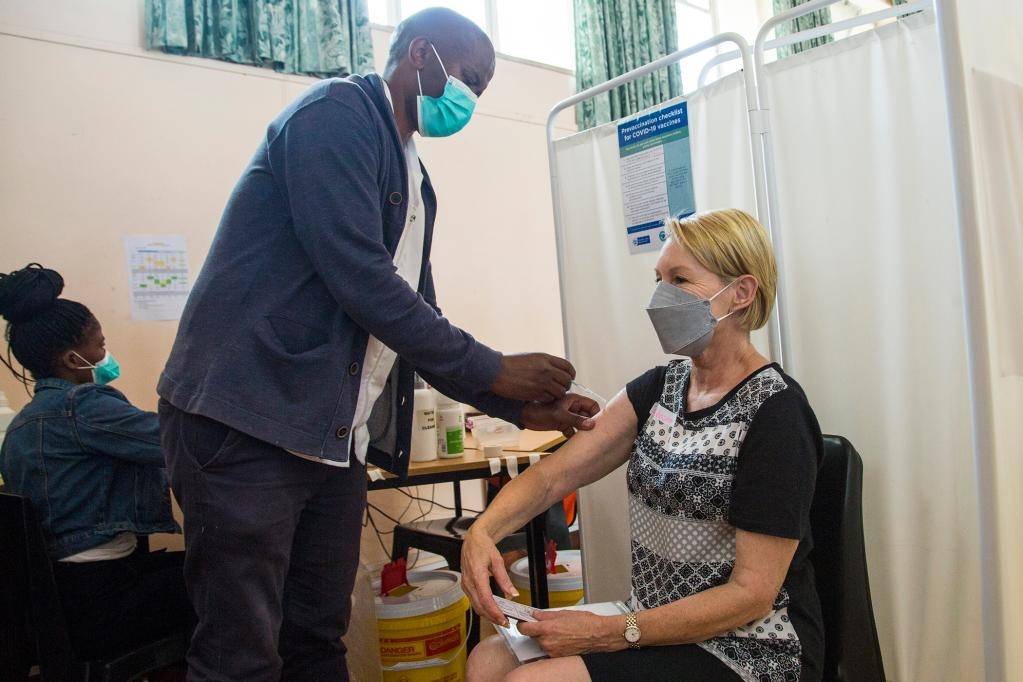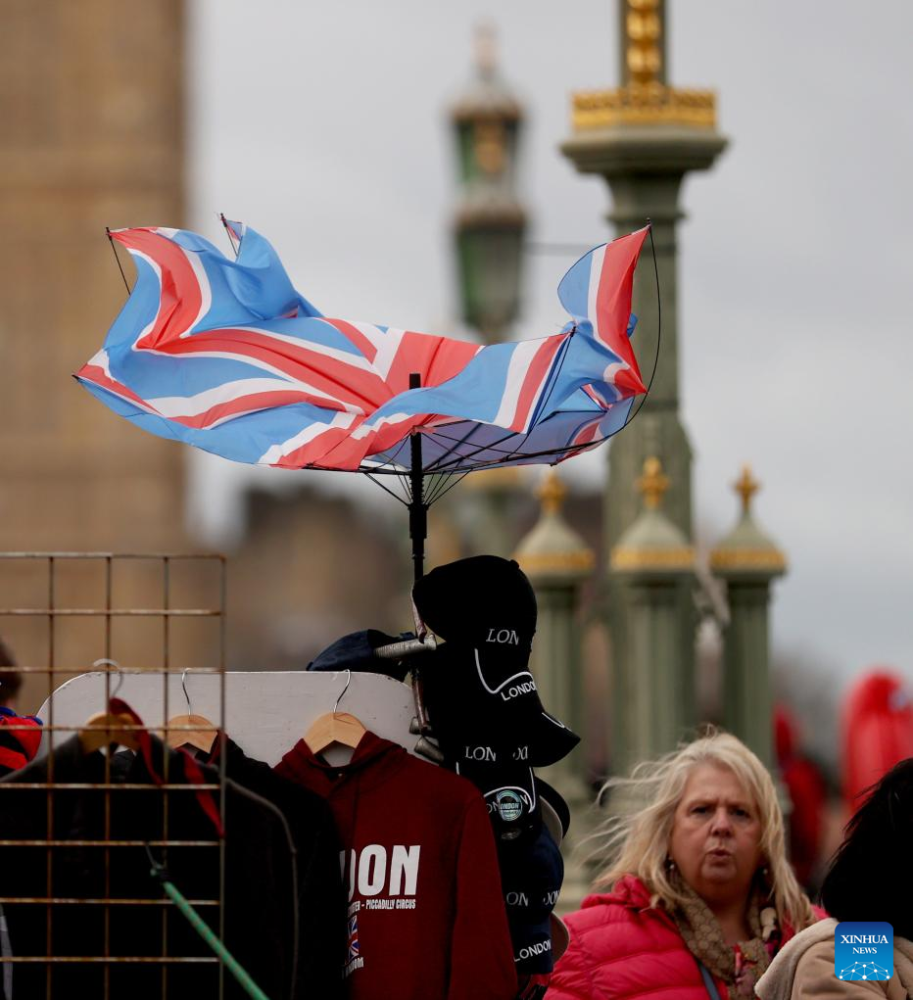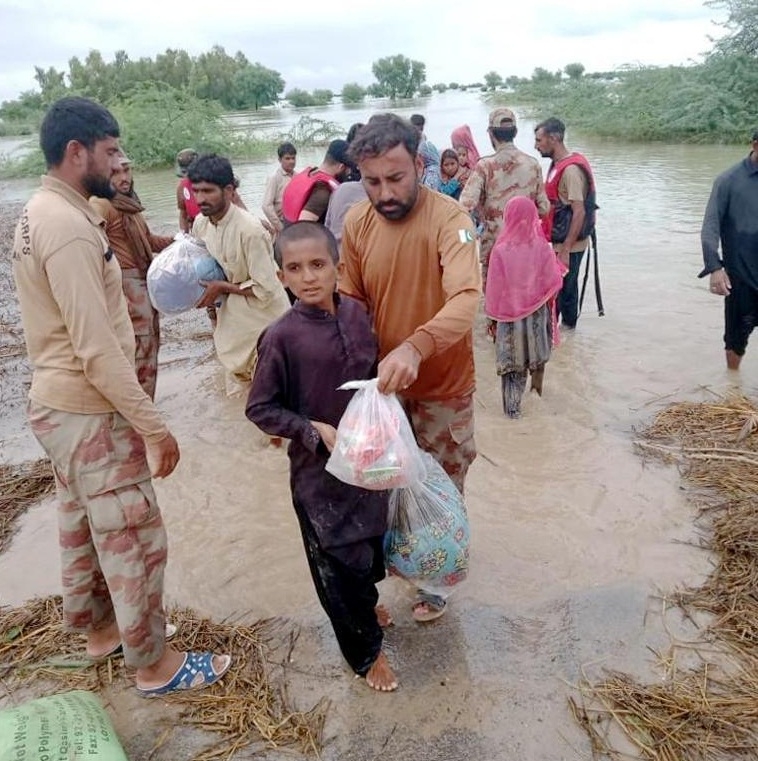The meeting will take place against a backdrop of accelerating climate impacts and geopolitical tension…reports Asian Lite News
The level of planet-warming carbon dioxide in Earth’s atmosphere reached a record high in May this year, continuing its relentless climb. Carbon dioxide levels are currently more than 50% than they were before the industrial revolution, according to a recently released data by National Oceanic and Atmospheric Administration (NOAA).
Scientists announced on June 3 that carbon dioxide measured at NOAA’s weather station atop the Mauna Loa volcano in Hawaii peaked in May at 421 parts per million, pushing the atmosphere further into territory not seen since the preindustrial age.
As power plants, automobiles, farms, and other sources throughout the world continued to pump large amounts of carbon dioxide into the atmosphere, the concentration of the gas is highest in four million years.
Emissions totaled 36.3 billion tons in 2021, the highest level in human history.
“The science is irrefutable: humans are altering our climate in ways that our economy and our infrastructure must adapt to,” said NOAA’s administrator Rick Spinrad.
“We can see the impacts of climate change around us every day. The relentless increase of carbon dioxide measured at Mauna Loa is a stark reminder that we need to take urgent, serious steps to become a more Climate Ready Nation,” Spinrad added.
As the amount of carbon dioxide in the atmosphere rises, the Earth warms, resulting in higher flooding, more intense heat, drought, and increasing wildfires, which are already affecting millions of people across the world.
Bonn summit to begin in backdrop of accelerating climate impacts
The Bonn Climate Change Conference is set to kick off from June 6-16, designed to prepare for the UN Climate Change Conference COP27 in November.
COP27 in Sharm el-Sheikh, Egypt, will build on the positive outcome of last year’s UN Climate Change Conference COP26 in Glasgow, which finalised operational details of the Paris Agreement and identified work going forward, in the key areas of mitigation, adaptation, support — particularly finance — and loss and damage.
The meeting will take place against a backdrop of accelerating climate impacts and geopolitical tension.
UN Climate Change Executive Secretary, Patricia Espinosa, called on governments not to be deterred. “Climate change is not an agenda we can afford to push back on our global schedule. We need decisions and actions now and it is incumbent on all nations to make progress in Bonn,” she said.
Espinosa noted that to implement the commitments made to achieve the 1.5 degrees Celsius goal of the Paris Agreement, the world has a “significant workload ahead, but also a great deal to build on. But ambition must urgently be raised to avoid the worst impacts of climate change, and immediate action is needed”.
Currently, the world is on track to more than double the 1.5 Celsius goal of the Paris Agreement by the end of the century.
“COP27 in Egypt needs to focus on implementation. There, nations must show how they will, through legislation, policies and programs, and throughout all jurisdictions and sectors, begin putting the Paris Agreement into practice in their home countries,” the UN’s top climate change official said.
“In Egypt, all sectors of the economy and societies need to tangibly show that they recognize the magnitude of the climate emergency we face and are taking bold, concrete steps — backed by specific plans — to deliver the urgent and transformational climate ambition we simply must see before it’s too late,” she added.
At the June sessions, discussions will take place on a range of important topics, including greenhouse gas emission reductions, adapting to climate impacts, and providing financial support for developing countries to cut emissions and adapt to climate change.
The “hot” topics to track in Bonn are:
Loss and Damage
This negotiating session will host the first official “Glasgow Dialogue on Loss and Damage” — a two-year process to explore ways to provide funding to address loss and damage.
Adaptation
Developing countries have high expectations for progress on the Glasgow-Sharm el-Sheikh work programme on the global goal on adaptation. In Bonn delegates will begin preparations that will lead to a decision at COP27 on the scope of the goal, data and metrics and reporting methodologies.
Finance
Developed countries will be pressed to reassure developing countries that the $100 billion annual climate finance commitment will be met, and that progress is made toward doubling adaptation finance by 2025. There will be a technical dialogue during week two on providing climate finance beyond 2025.
Mitigation
Delegates will prepare a draft decision for the mitigation work programme which details the role of sectoral commitments or targets, encourages improvements to national climate plans and could offer enhanced support for taking action.
Global Stock take
First technical meeting on the Global Stocktake will also be held in Bonn. The Global Stocktake offers an official process to check on the progress towards achieving the Paris Agreement’s goals. The countries should signal how the Global Stocktake process can translate technical outputs into political outcomes.
Rules and Implementation
Delegates will continue to discuss technical work related to Article 6 (carbon markets), transparently reporting climate data, and other rules underpinning the Paris Agreement.
ALSO READ-World Bank To Support Morocco









